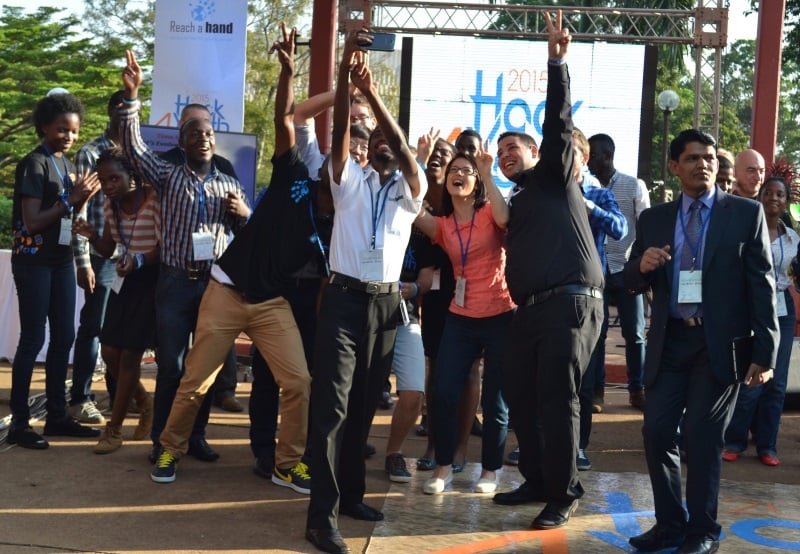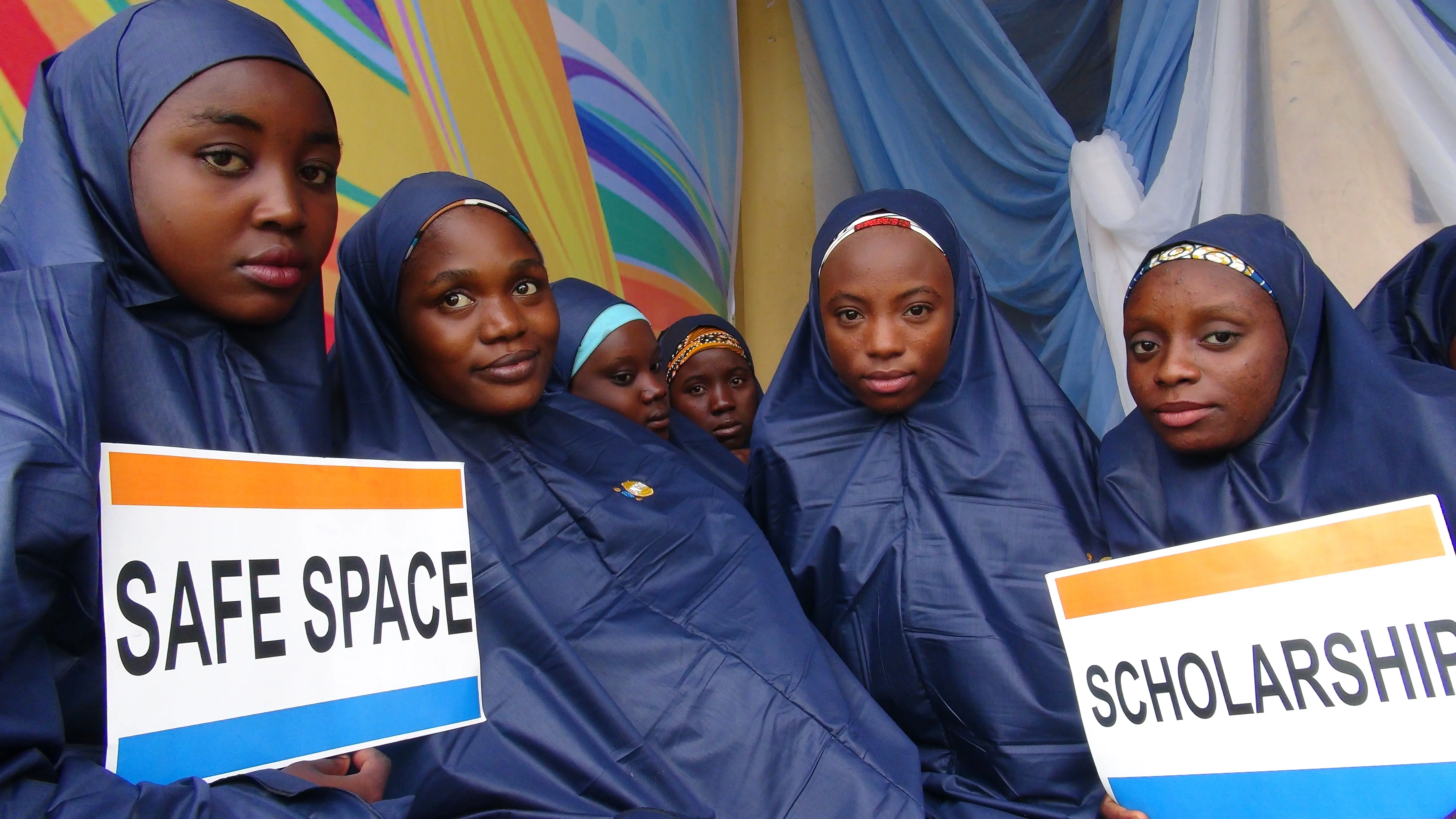The Director of the West and Central Africa Region of the UNFPA, United Nations Population Fund, Mr Benoit Kalasa, recently visited the Central African Republic (CAR) for the second time to assess the level of implementation of the organisation’s response programme to the humanitarian crisis in the country.
The 6th to 8th February 2014 trip comes after the December 2013 one following the United Nations’s decision to declare a Level 3 emergency (the highest level of crisis) in the country.
During the February visit, Mr. Kalasa met the Transition authorities including President Ms Catherine Samba-Panza, with whom he spoke at length on issues related to national reconciliation, security, the humanitarian crisis and the recovery of the administration.

Mr Kalasa briefed the President on UNFPA’s works in the country to alleviate the suffering of the Central African people. "Since December 2013, UNFPA’s support to CAR for over the 500,000 internally displaced persons registered in Bangui, stands at around CFAF 2billion," he said.
This funding includes caring for pregnant women and victims of sexual violence, providing dignity kits to vulnerable women and providing hospitals and health centres in IDP sites with delivery kits, other medicines and medical equipment.
The President thanked UNFPA for all the assistance and assured Mr Kalasa of her readiness to continue to work with UNFPA, adding that she counted on both the country and regional offices for support.
In addition to meetings and courtesy calls, Mr. Kalasa visited the Amitie Hospital of Bangui and the IDP site at the Saint Sauveur church where nearly 23,000 people live.
On behalf of UNFPA, he handed over delivery beds, drugs and medical coats to the hospital authorities, and distributed hundreds of dignity kits to visibly pregnant women and those who recently gave birth at the IDP site. Drugs and delivery kits were also presented for the health centre at Saint Sauveur.
A dignity kit comprises a toothbrush and toothpaste, a wrapper, a t-shirt, a flip-flop, a bucket, condoms, toilet and laundry bar soaps, pads and underwear for women, a moisturiser, a towel and a sponge.
A delivery kit contains two gauze sheets, a plastic bag to put the placenta, a plastic sheet for deliver, gloves, a razor blade to cut the umbilical cord, soap and usage instructions.



